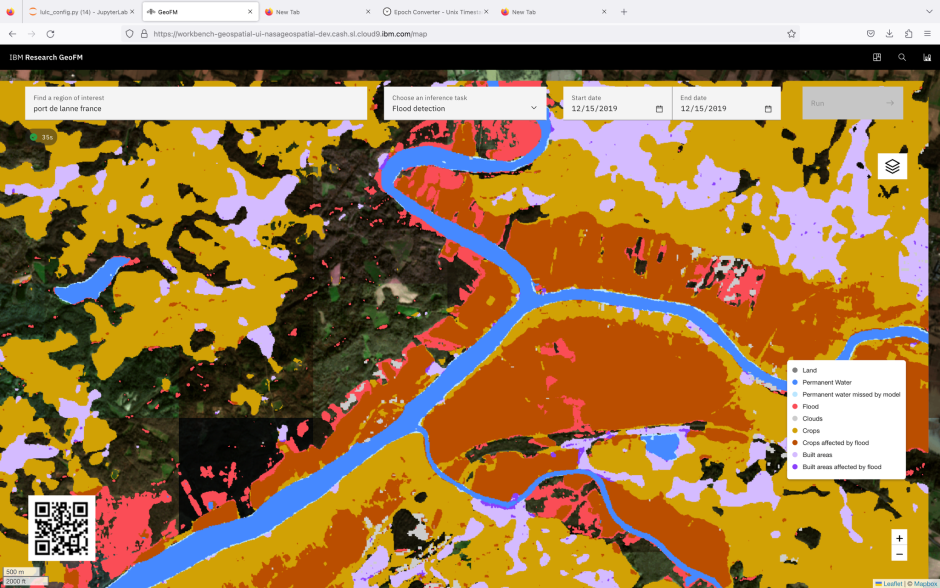Ahead of COP28, IBM has today announced a collaboration with NASA, Mohamed Bin Zayed University of Artificial Intelligence, the Government of Kenya, and the United Kingdom’s Science and Technology Facilities Council (STFC) Hartree Centre to throw its weight behind efforts to combat climate change.
The collaboration will see enhanced research and development into geospatial mapping and AI, in the hopes of developing a multi-modal foundation model for weather prediction.
Alongside weather prediction, the model will help combat climate change and its effects through analyzing heat islands, mapping reforestation efforts, and predicting the impact of extreme weather events.
A rainy renaissance
In the fight against climate change, new technologies can provide an edge in predicting and tackling extreme weather, alongside analyzing the impact of projects such as reforestation.
With this collaboration, IBM hopes to produce a tunable foundational model to help with weather and climate prediction that, when finished, will be open-source and publicly available to allow unhindered global research to take place.
Last year, the European Centre for Medium-Range Weather Forecasting began using AI emulators with historical data to generate forecasts more accurately than ever before.

It is worth noting that AI emulators are developed with the intention of performing one specific task from one data set, but provide the benefit of not requiring high performance computing (HPC) solutions. Instead, these AI emulators can be run on a desktop computer in a matter of minutes.
Therefore, by creating a foundational model trained on the 40 years of weather observations within the MERRA2 dataset, pre-trained AI emulators can be developed and distributed to researchers, resulting in faster scientific discoveries.
“Climate change is a real and pressing issue that we must find new ways to address as quickly and efficiently as possible, including through today’s most advanced AI technologies,” said Alessandro Curioni, IBM Fellow and Vice President, Accelerated Discovery at IBM
“AI foundation models utilizing geospatial data can be a game-changer because they allow us to better understand, prepare and address the many climate-related events effecting the health of our planet in a manner and speed never before seen.
“We are hopeful these technologies can help accelerate the rate at which we derive and apply solutions for a safer and healthier planet for future generations.”
More from TechRadar Pro
via Hosting & Support
Comments
Post a Comment